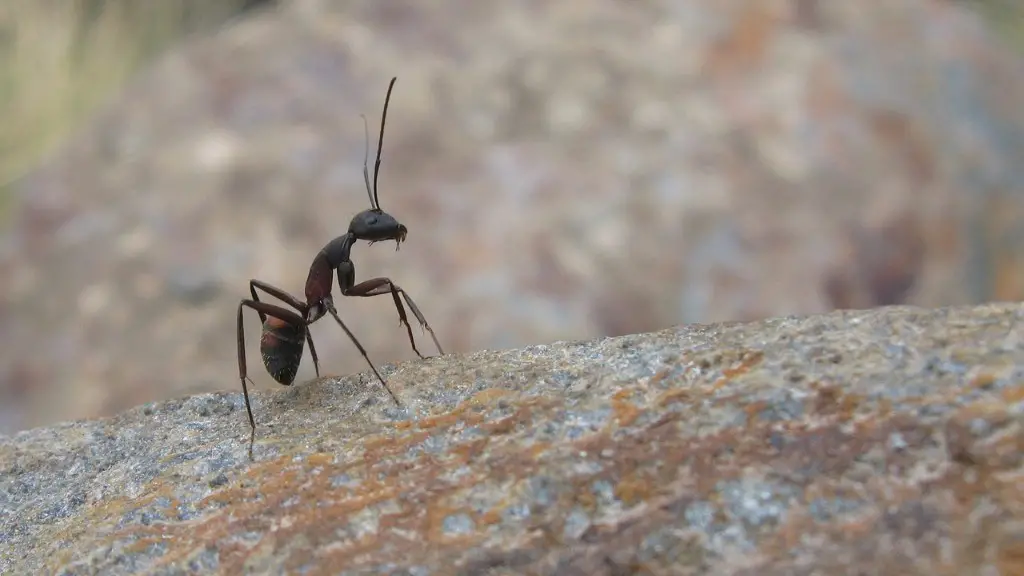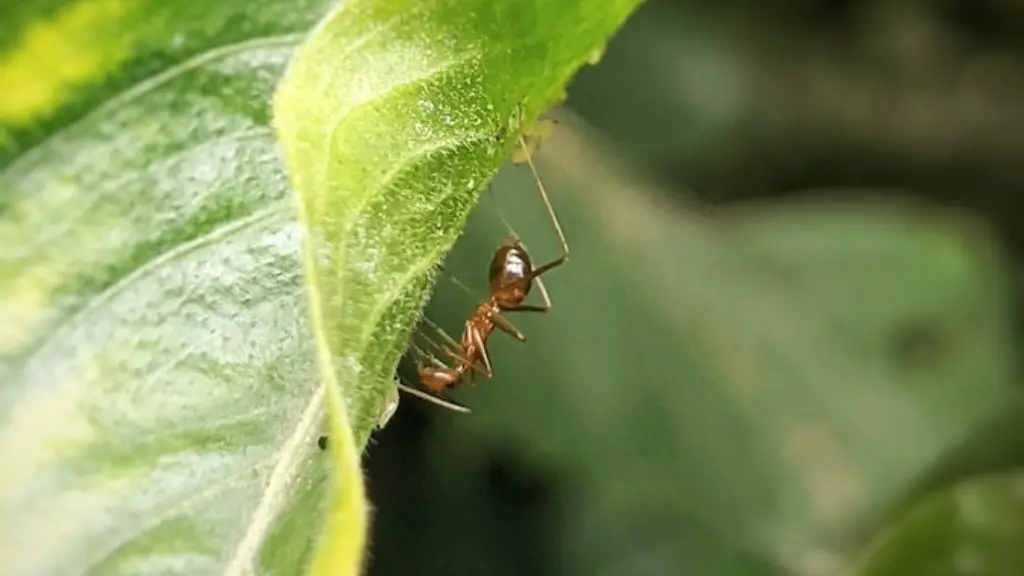Basic Ant Extermination Techniques
Little black ants are common household pests that feed on the food we provide. Trying to quickly and effectively remove these ants from your kitchen and other areas around your home is something most of us have to face at some point in our lives. It’s important to first identify and learn some basic ant extermination techniques in order to manage the problem and get on with one’s daily life.
The first step to eliminating little black ants is eliminating the food source they may be attracted to. This means tidying up your kitchen and other common food areas, and throwing away old food, crumbs, and anything else that may attract these pests. This includes spills on the floor, table crumbs, and the like. Often times, proper kitchen maintenance is enough to eliminate an ant infestation before it starts.
Next, it is important to seal any entry points the ants may be using to get into a home. Start by inspecting the exterior of your home and sealing any gaps or crevices you may find. Basements, attics, and porches are common entry points for little black ants, as well as steeps, door frames and windowsills. Pay particular attention to areas around pipes and wiring, as these are potential entry points for these pesky pests.
After sealing up any entry points and eliminating the food source, the next step to killing ants is to use baits and traps. Ant baits and traps come in many shapes and sizes, from the classic sugar and boric acid trap, to the more modern and effective pesticide-based ant traps. These traps and baits can be placed around the area of infestation as well as in areas where you have noticed the ants have been coming and going. This can be an effective way of killing little black ants as they will take the ant bait back to the nest and help spread it around.
Lastly, it is important to use insecticides in the worst case scenarios. Insecticides can be sprayed around common ant entry and exit points – such as in window frames and door frames – as well as in and around the nest itself. Remember, when using insecticide, it is important to read and properly follow the instructions on the label as improper use of insecticides can cause more harm than good.
Natural Home Remedies for Killing Little Black Ants
When it comes to killing little black ants, chemical-based products aren’t always necessary. There are several natural home remedies one can use instead to deal with ant infestations. Start by using a mixture of water and vinegar to spray around entry points and the area of infestation. This will create an unpleasant smell for the ants, ones that they will avoid. A mixture of baking soda and sugar also works – just mix together 20 parts baking soda and 10 parts sugar, add a few drops of water and sprinkle the solution around the ant-infested area. The sweet smell combined with the baking soda will attract the ants, while the baking soda will destroy them.
Chalk is also an effective remedy for killing ants. Drawing a line with chalk around the area of infestation will help keep the ants away, as the line will act as a sort of barrier. While these techniques may not be completely effective at completely removing the ant infestation, they are an economical and inexpensive way to help curb the issue.
Preventing Little Black Ant Infestations
The best way to deal with a little black ant infestation is to prevent it from ever happening. This can be done by abiding by a few important precautions:
Clean up any spills and crumbs in your kitchen and food-preparation areas immediately.
Store any food that may attract the ants in airtight containers.
Ensure your kitchen garbage is properly sealed each night to prevent the ants from getting access to the food in the bin.
Clean kitchen counters, floors, and appliances regularly with an anti-bacterial cleaner.
Check windows and doors for any gaps and seal them up properly.
Inspect the outside of your home for any openings or potential entry points and seal them.
Make sure there are no piles of wood or debris near your home, as this may attract ants.
Professional Services for Killing Little Black Ants
If the issue of little black ants is too big to handle yourself, then you may want to consider a professional extermination service to help deal with the problem. Professional ant exterminators provide extermination services that can quickly and effectively eliminate ant infestations.
These services typically involve spraying the infested area with a powerful insecticide. Generally, these treatments require multiple applications over a period of time in order to be effective. It is also important to have an exterminator come back periodically to inspect the area and ensure that any new ants have not returned.
Health Risks Associated With Little Black Ants
Although little black ants may not look particularly threatening, they present real health risks to your family and pets. The first worry is that these ants can contaminate food, which can lead to a range of stomach-related issues. In addition, some people may have a mild allergic reaction to the ants.
In some cases – although rare – people can experience more severe reactions to the sting or bite of a little black ant. This can range from swelling, pain and even anaphylaxis. It is important to keep all areas where these ants may be present clean and free of food particles and crumbs.
Effective Solutions to Killing Little Black Ants
Given the health risks, it is important to take proper measures to ensure that little black ant infestations are dealt with quickly and effectively. Remember to first eliminate the food source, seal all entrances, and use baits or traps. If all else fails and the infestation is too big, then turn to a professional service to help.
Overall, ants are certainly a nuisance, particularly little black ants. However, with a bit of knowledge and patience, they can be dealt with effectively and with minimum health risk.
Possible Side Effects of Killing Little Black Ants
When dealing with an ant infestation, it is important to remember the potential side effects of using chemical-based treatments. While these may be very effective in eliminating the ants, these products can also be harmful to people and pets if not used properly. When using these products, it is important to always read and follow the instructions on the label to ensure safety.
Another potential concern when using professional services is that the treatment may put other beneficial insects at risk by killing off their natural predators, too. Bees, for example, can be beneficial for a garden, but can also be killed by the same insecticides used to kill ants. It is important to keep this in mind when making decisions about treatment methods.
When to Reach Out for Professional Help
When dealing with an ant infestation, it is important to understand when to reach out for professional help. Obviously, if the infestation has become too large to handle alone, then a professional extermination service may be the only option. This may also be the case if the infestation is deemed to present a health risk.
Even if the infestation is small, it can still be worth consulting with a professional service, as they will be able to provide an assessment of the situation and advise on the best course of action for eradicating the ants. This can help in the long run and ensure that the infestation does not return anytime soon.
Shutting Down Little Black Ants For Good
The most important thing to remember when dealing with an ant infestation is to be patient, as the process of getting rid of these pests isn’t always an overnight fix. Take the time to perform a thorough inspection of the area, as this will help you identify the areas that need to be treated.
Eliminate the food source of the ants and seal up any entry points they may be using. Use ant baits, traps and insecticides to kill the ants, and when all else fails, contact a professional service for help. With the right steps, it is possible to shut down little black ants for good.


